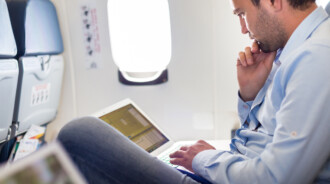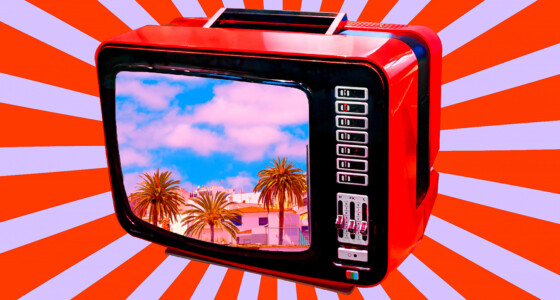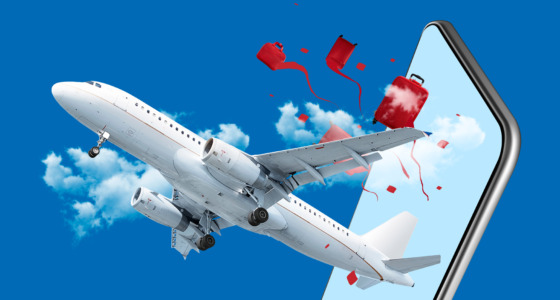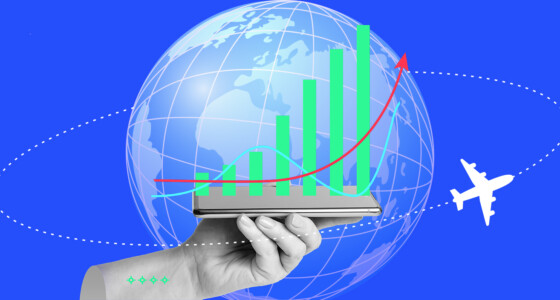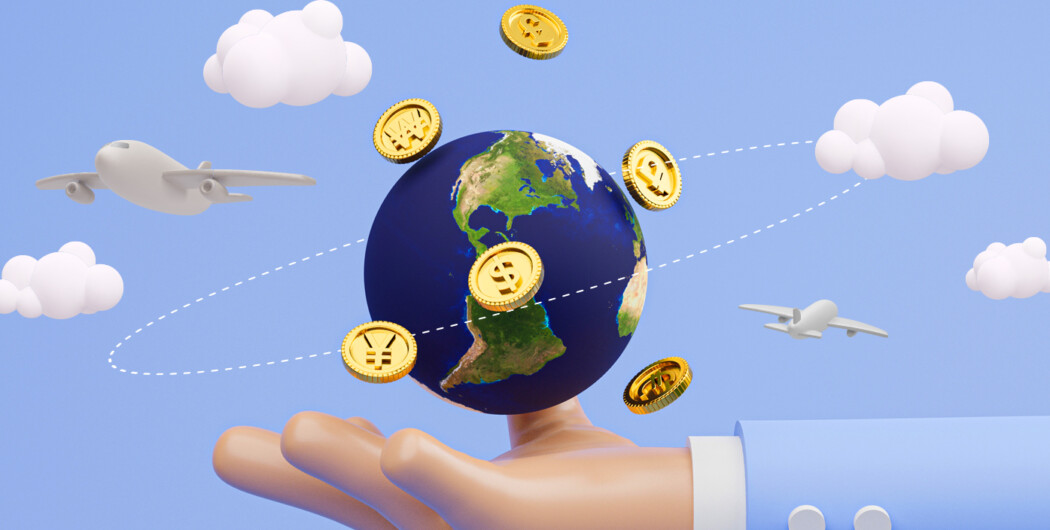

New to exchanging money? Richard Dennis, a self-taught market wizard, was once like you. It didn’t stop him from borrowing $1,600 to deposit into his foreign exchange trading account and making it into a massive estate. In fact, he’s still known among traders as the “Prince of the Pit”.
Well, perhaps you’re not planning to profit from exchanging currency for profit (at least, for now). But even travelers need to be savvy. If you’re abroad and were just about to google “exchange currency near me”, don’t do it just yet. First, find out which places to avoid here.
Airport or train station kiosks
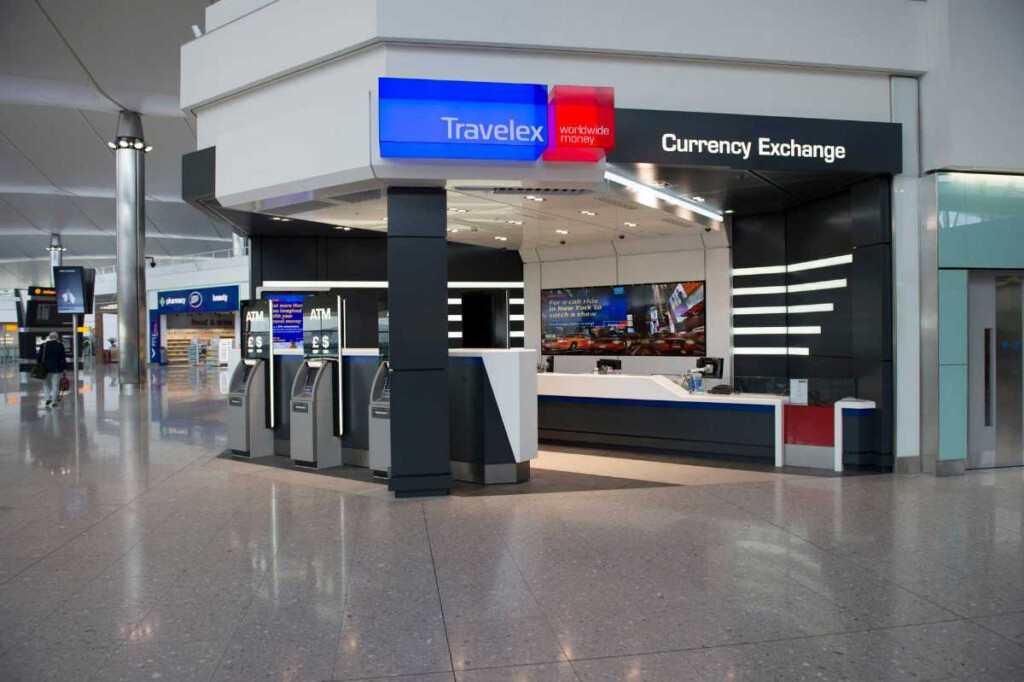
“Airline passengers are a good market to be in. That’s why people are willing to go to the airport, do business at the airport, advertise at the airport — because you’re getting a good middle- to upscale-class clientele,” said Blaise Waguespack, a professor at Embry-Riddle Aeronautical University.
Airport or train station kiosks are conveniently located for travelers, so they charge higher fees for that convenience. They also don’t usually have as much competition around as other currency exchange locations. And finally, they don’t have the same volume of currency exchange transactions, allowing them to offer less favorable rates.
Long story short, don’t exchange currency at airports or train stations.
Tourist centers
Tourist centers are often located at popular tourist destinations and high-traffic areas, so they’re taking advantage of people who haven’t prepared cash in advance. Tourist centers also may not be regulated as strictly as other financial institutions, which can add to the risk of getting a bad exchange rate.
In the street
Street vendors mostly operate unlicensed and unregulated, so you’ll probably get the worst deal. There are other risks, too, including serious penalties, counterfeit currency, and theft. If it happens to you, you won’t be legally protected as with official currency exchange bureaus.

Post office
Post office exchange currency rates aren’t good because they are not specialized in these services. Therefore, they have a lower volume of currency exchange transactions and less expertise or access to resources compared to other currency exchange providers. In defense of post offices, they’re not trying to get on the same level of competition.
Hotels

Hotels often have a captive audience of travelers who may not be as informed about currency exchange rates. So if they want to charge less favorable rates, many guests wouldn’t even notice it. Also, hotels may charge additional fees or commissions on top of the exchange, which can add up to a significant amount.
Better alternatives to exchange currency
“The easiest way to get close to the interbank rate is to use a local cashpoint to get banknotes and/or charge purchases to a credit card,” says Daniel Barrett, senior lead technical writer & manager at Google.
There you have it. The best place to exchange currency is a local ATM, specifically your bank’s ATM network. There are so many ATMs around the globe, even in remote locations, so most travelers will be able to exchange their money in a matter of minutes. But watch out for withdrawal fees.
If you know you won’t be able to exchange currency at a bank or an ATM, consider ordering foreign currency online from conversion websites. This option allows you to shop around and choose vendors with the most competitive rates.
Sources:
What are real exchange rates? International Monetary Fund
